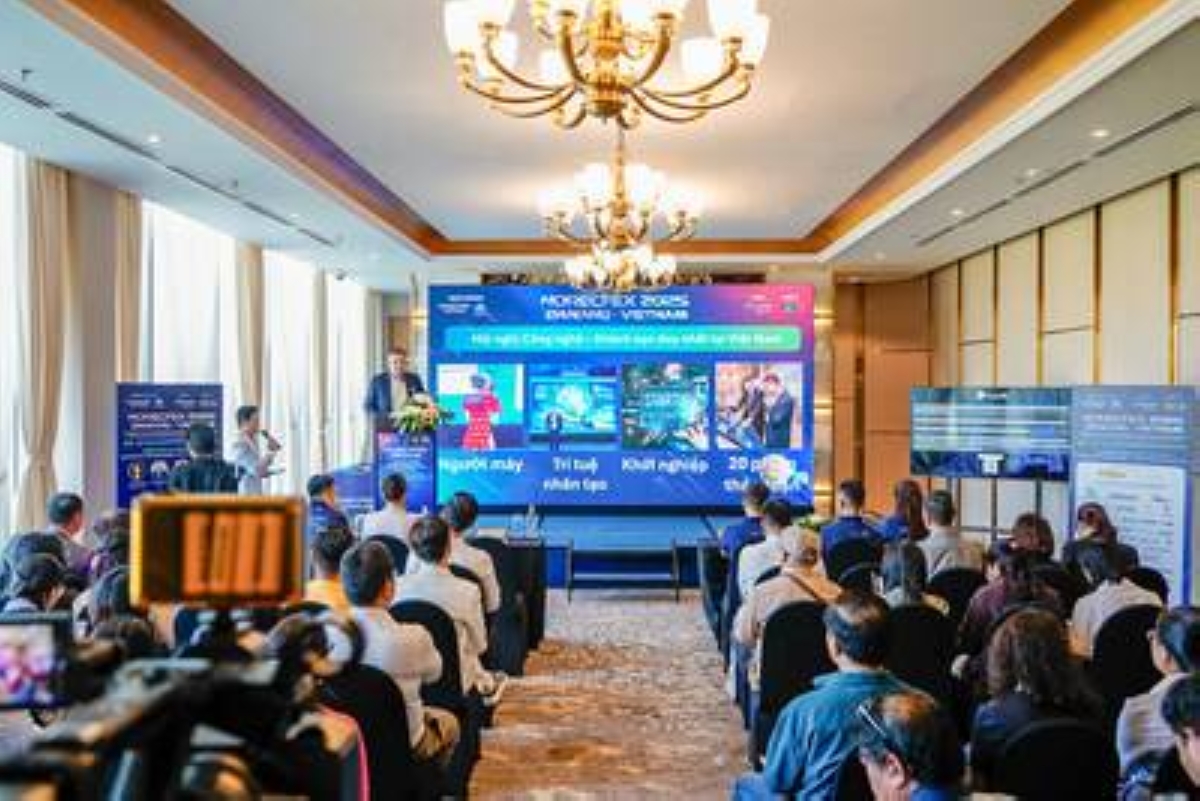World

World
19 Sep, 2025
Taiwan and China Foreign Ministers Concurrently Visit Europe Amid Diplomatic Tensions
Basilia Magsaysay
Taipei and Beijing find themselves in a rare diplomatic juxtaposition this week as their foreign ministers visit Europe at the same time, underscoring ongoing tensions between the two. China, which considers Taiwan a renegade province, actively opposes any formal diplomatic engagement with Taipei. However, Taiwan continues to assert its sovereignty and maintain international connections.
Taiwanese Foreign Minister Lin Chia-lung arrived in Prague on Thursday to attend the opening of an exhibition at the Czech National Museum, featuring treasures from Taiwan's acclaimed National Palace Museum. The exhibition includes the renowned Qing dynasty Jadeite Cabbage, a cultural centerpiece that has sparked controversy with Beijing.
Joining Lin was Milos Vystrcil, the speaker of the Czech Senate, whose 2020 visit to Taiwan provoked strong reactions from China. Despite the Czech Republic’s official recognition of Beijing rather than Taipei, Kyiv has increasingly fostered ties with Taiwan, drawing parallels between European concerns over Russian aggression and Taiwan’s security challenges posed by China.
Taiwan's Foreign Ministry stated that Minister Lin’s European visit aims to promote the "Taiwan Culture in Europe Year," a series of events intended to bridge European and Taiwanese values and enhance cultural exchanges with European partners. Details regarding additional stops on Lin’s itinerary were not disclosed.
Meanwhile, Chinese Foreign Minister Wang Yi commenced a diplomatic tour of Austria, Slovenia, and Poland on Friday. A Chinese Foreign Ministry spokesperson reaffirmed Beijing's firm opposition to any official interactions with Taiwan, dismissing Lin as "merely a local foreign affairs official within China."
The cultural exhibition in Prague has intensified rhetorical clashes between China and Taiwan. Beijing’s Taiwan Affairs Office accused Taipei of attempting to leverage Chinese artifacts to pursue "cultural independence" and a strategy of "de-Sinification."
Responding to these claims, Taiwan's Mainland Affairs Council spokesperson Liang Wen-chieh attributed the vulnerability of Chinese antiques to China’s own historical failures, specifically pointing to the turmoil during the Cultural Revolution from 1966 to 1976, which saw widespread destruction instigated by the Chinese Communist Party.
This simultaneous presence of Taiwan and China’s top diplomats in Europe serves as a stark reminder of the enduring geopolitical dispute and contrasting narratives surrounding Taiwan’s international status and cultural identity.
Recommended For You

Senate Criticizes Meta for Skipping Hearing on Online Gambling Proliferation
Sep 19, 2025
Macario Yambao
A Partnership for Progress
Sep 19, 2025
Felicidad Dimaculangan
Timeline of an Uprising
Sep 19, 2025
Macario Yambao

Supreme Court Honors 2025 Metrobank Foundation Outstanding Filipinos for Exemplary Public Service
Sep 19, 2025
Macario Yambao
